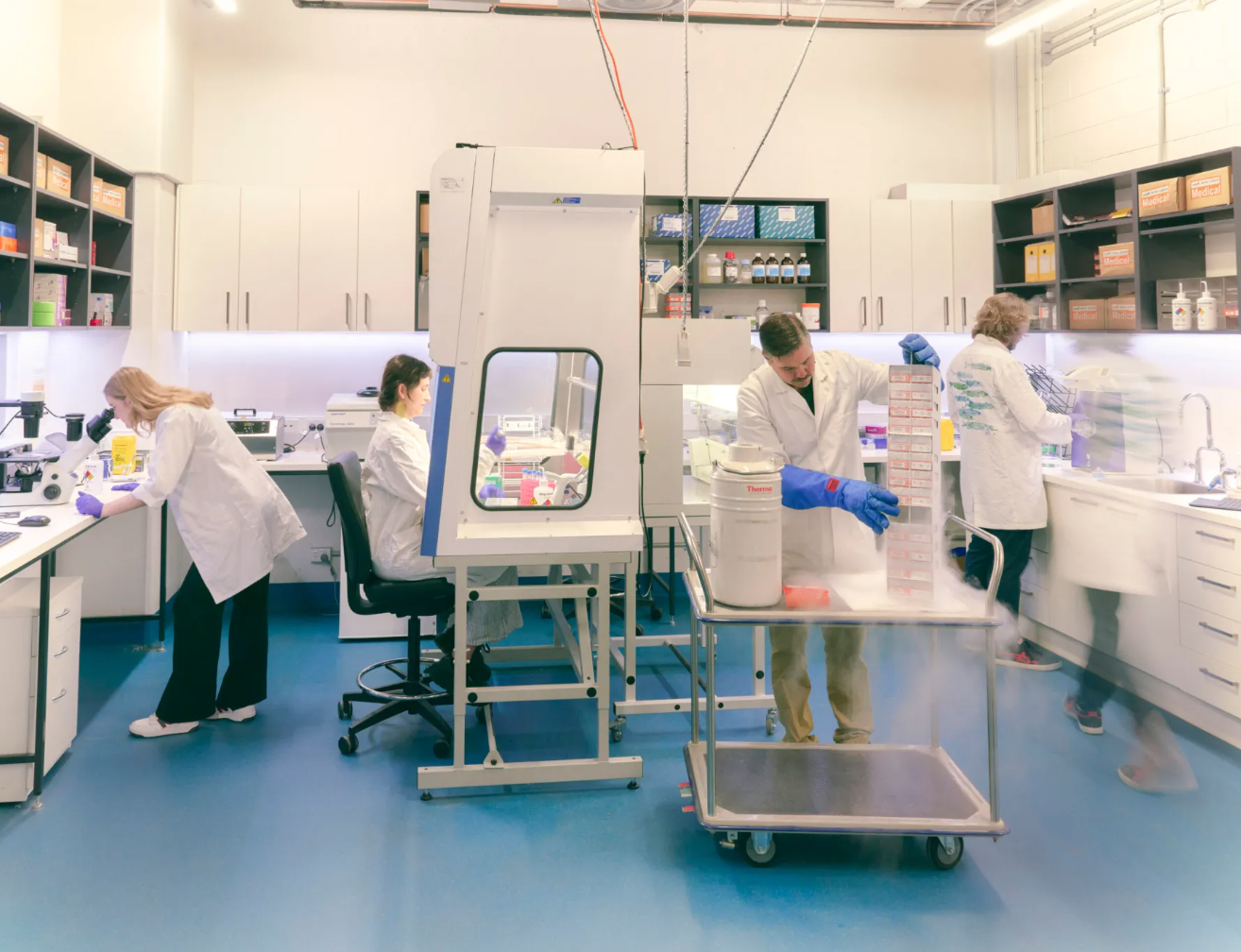The Role of Cloning in Wildlife Conservation
The Middle East is home to a vast array of unique and endangered species, from the majestic Arabian Oryx to rare desert plants that are vital to the region's ecosystem. Unfortunately, many of these species face significant threats from habitat destruction, climate change, and human activity. In response to these challenges, scientists in the UAE, particularly in Dubai and Abu Dhabi, are turning to cloning technology as a powerful tool in wildlife conservation.
Conservationists in the UAE are using cloning to help bolster populations of endangered species and ensure their long-term survival. By cloning endangered animals, they can create genetically identical individuals that contribute to the genetic diversity of the species. This helps prevent inbreeding and ensures that the species can adapt to changing environmental conditions.
How Cloning Works for Conservation
Cloning for conservation typically involves taking a tissue sample from an endangered animal, such as a skin biopsy. This sample is used to extract the animal's DNA, which is then inserted into an egg cell that has had its nucleus removed. The result is a cloned embryo that is genetically identical to the original animal. This embryo is then implanted into a surrogate animal, which carries the clone to term.
The UAE is at the forefront of using this technology for conservation purposes. In Dubai, conservation efforts have focused on cloning iconic species like the Arabian Oryx, a species that was once nearly extinct in the wild. Through a combination of cloning and traditional breeding programs, conservationists have successfully increased the population of this species, ensuring its survival for future generations.
Cloning can also be used to preserve the genetic material of endangered plants. In the harsh desert climates of the Middle East, many native plant species are at risk due to desertification and changing environmental conditions. By cloning these plants, scientists can create genetically identical replicas that can be reintroduced into the wild, helping to restore ecosystems and protect biodiversity.
The Impact of Cloning on Biodiversity in the UAE
Cloning plays a crucial role in maintaining biodiversity, which is essential for the health and stability of ecosystems. In the UAE, the rapid pace of urbanization and industrial development has put increasing pressure on the country's natural habitats. Cloning offers a way to mitigate some of these impacts by ensuring that endangered species have a chance to recover.
In Abu Dhabi, scientists are working to integrate cloning into broader conservation strategies that include habitat restoration, breeding programs, and public awareness campaigns. By combining cutting-edge cloning technology with traditional conservation efforts, the UAE is leading the way in protecting its unique wildlife.
However, cloning is not without its challenges. One concern is the potential loss of genetic diversity if cloning is used too extensively. While cloning can help increase population numbers, it is essential to maintain a diverse gene pool to ensure the long-term survival of a species. Conservationists in the UAE are aware of this issue and are taking steps to ensure that cloning is used in conjunction with other strategies, such as habitat preservation and breeding programs, to maintain genetic diversity.
The Future of Cloning for Conservation in the Middle East
As environmental pressures continue to threaten the biodiversity of the Middle East, cloning will likely play an increasingly important role in conservation efforts. The UAE is leading the charge in this field, with cutting-edge research facilities in Dubai and Abu Dhabi making significant strides in the use of cloning for wildlife preservation.
In the coming years, we can expect to see even more advancements in cloning technology, with a focus on improving the success rates of cloning endangered species and expanding the range of animals and plants that can be cloned. By integrating cloning into larger conservation strategies, the UAE is setting an example for the rest of the Middle East on how to use technology to protect and preserve its natural heritage.
